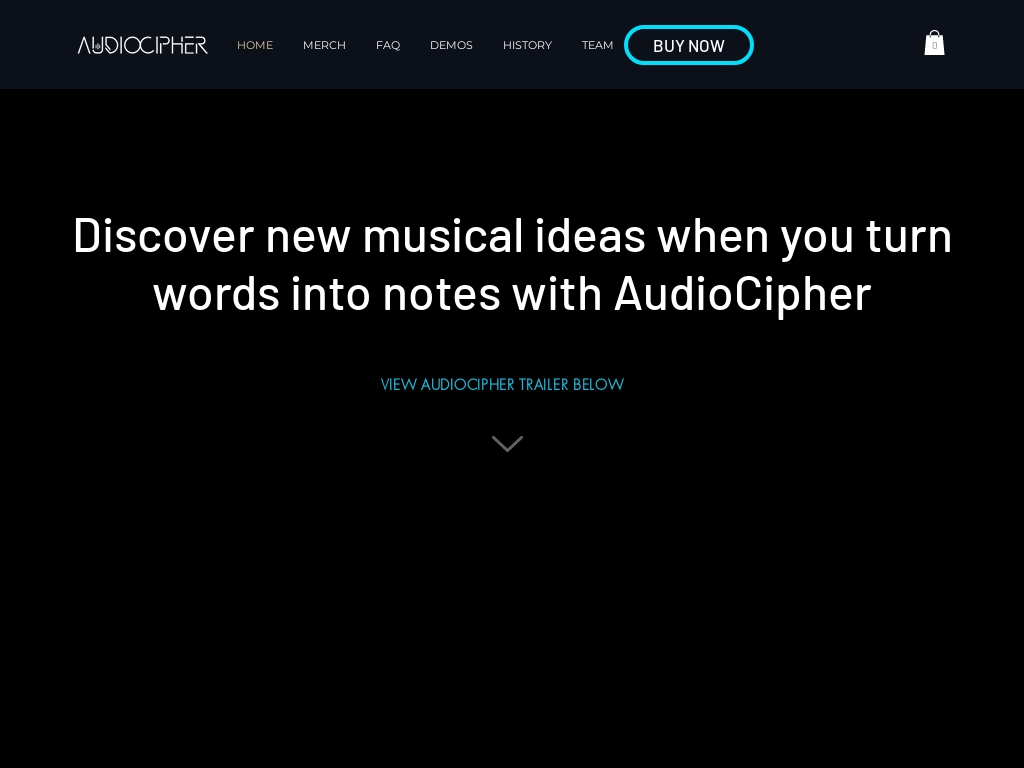
Chord Progression Generator Business Success Stories [2025]
If you have a knack for music and tech, consider starting a chord progression generator business. This involves creating software that helps musicians and composers generate unique chord progressions effortlessly.
Your tool will cater to both novices and professionals looking for inspiration, saving them time and enhancing their creativity. Setting up a chord progression generator requires initial software development, followed by consistent updates and customer support.
Musicians are always on the lookout for tools that can streamline their creative process. With the landscape of music production becoming increasingly digital, a chord progression generator aligns perfectly with current industry trends.
By offering a reliable and innovative solution, you can become a key player in the music technology space, blending creativity with technology to empower musicians worldwide.
In this list, you'll find real-world chord progression generator business success stories and very profitable examples of starting a chord progression generator business that makes money.
1. AudioCipher Technologies ($12K/year)
AudioCipher Technologies was founded by Ezra Sandzer-Bell, a musician with a passion for music philosophy and hidden messages in melodies. After discovering a technique used by classical composers to encode words into melodies, Ezra saw an opportunity to create a music software company. With a shoestring marketing budget, AudioCipher sold over 200 copies of their flagship product, earning $3000+ in revenue within their first 10 weeks on the market.
How much money it makes: $12K/year
How much did it cost to start: $7K
How many people on the team: 1

AudioCipher Technologies has sold over 200 copies of its $15 MIDI plugin that translates words into music notes, earning $3000 in revenue during its first 10 weeks without any pre-existing mailing lists or industry leads, despite a shoestring budget.

Download the report and join our email newsletter packed with business ideas and money-making opportunities, backed by real-life case studies.

Download the report and join our email newsletter packed with business ideas and money-making opportunities, backed by real-life case studies.

Download the report and join our email newsletter packed with business ideas and money-making opportunities, backed by real-life case studies.

Download the report and join our email newsletter packed with business ideas and money-making opportunities, backed by real-life case studies.

Download the report and join our email newsletter packed with business ideas and money-making opportunities, backed by real-life case studies.

Download the report and join our email newsletter packed with business ideas and money-making opportunities, backed by real-life case studies.

Download the report and join our email newsletter packed with business ideas and money-making opportunities, backed by real-life case studies.

Download the report and join our email newsletter packed with business ideas and money-making opportunities, backed by real-life case studies.



